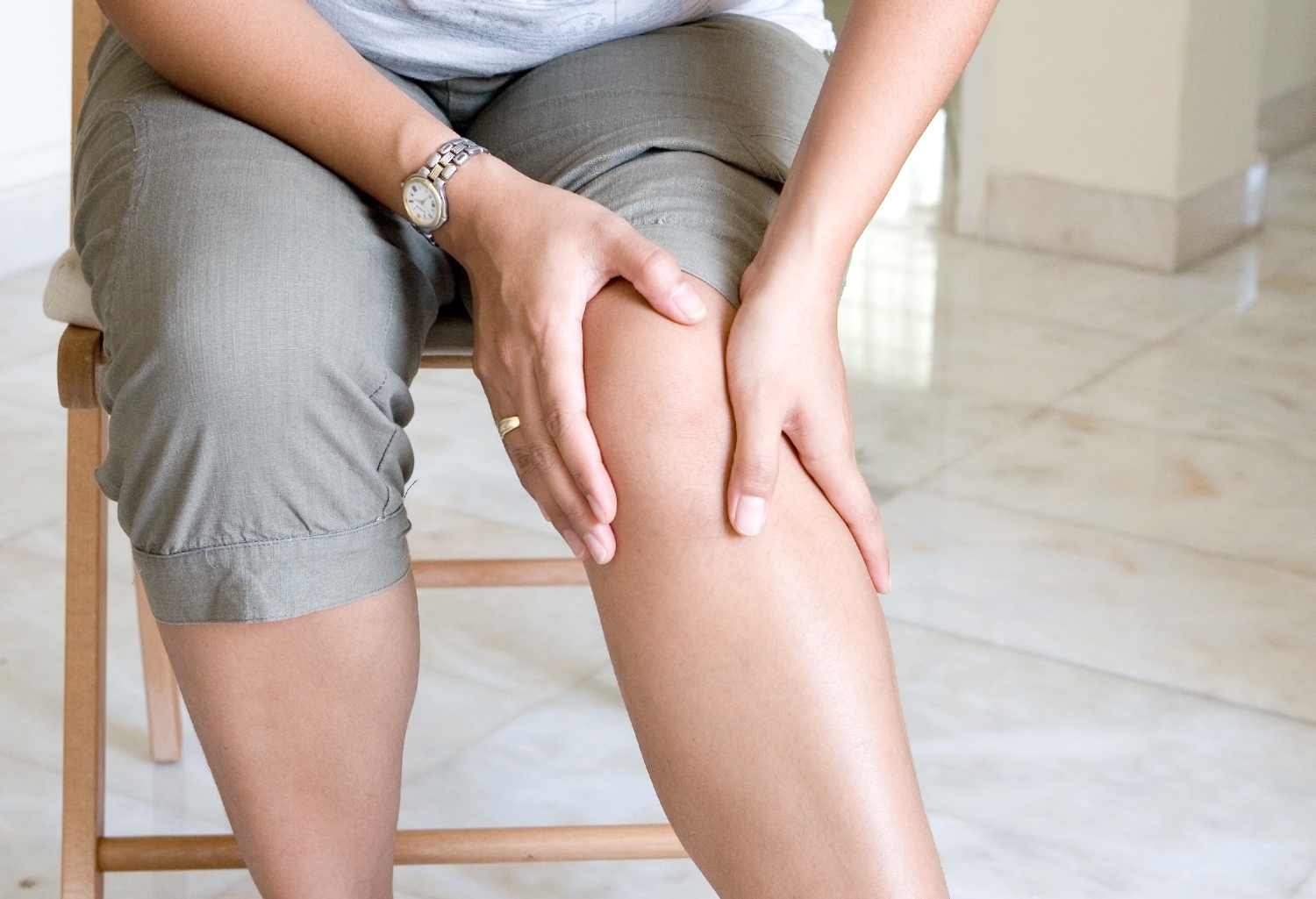From our forties onwards, bones gradually lose their density as a natural part of ageing. Research says that one in two women over the age of 50 will break a bone, mainly because of osteoporosis – the word means ‘porous bones’. Weak bones can lead to fractures, which in turn, can lead to all sorts of scary consequences so it makes sense to keep our bones strong and healthy.
Dr Marilyn Glenville, author of ‘Osteoporosis: How To Prevent, Treat and Reverse It’ (Kyle Cathie) says, “Bones change constantly, being broken down and rebuilt. Problems arise when the rate of renewal doesn’t keep up with the rate of breakdown – the result being bone loss. When this occurs over years, osteoporosis occurs.”
Fortunately, however, there are lots of things we can do to help strengthen our bones.
Eat Well
Everyone should aim for a healthy balanced diet. The four food groups should be included: fruit and vegetables, carbohydrates, dairy products and protein.
Research reveals that almost half (45%) of adults are unaware that bread contains calcium, essential for healthy bones. Other calcium-rich foods include yoghurt ,cheese , milk, canned salmon, tofu , dried fruit, flour and water. Calcium helps to improve bone density which reduces the risk of factors and people should aim for the recommended 700mg daily.
Now that you know how to get your calcium your body needs vitamin D to help absorb it. Get this from oily fish, liver, fortified spreads, cereals and egg yolks, while the body makes its own vitamin D when exposed to sunshine. The body stores vitamin D for around 60 days and deficiency signs may be highlighted by slight aches and pains in the body. Zinc helps vitamin D boost calcium absorption and is required from the proper formulation of osteoblasts, one of the cells necessary for bone renewal. Foods high in zinc include shellfish, brown rice, wholegrains and meat.
Magnesium can also help keep bones healthy. Sources include Brazil nuts, seeds, almonds, bananas and green vegetables like spinach and kidney beans. Researchers have also found that high levels of vitamin C may help strengthen bones and prevent fractures. Get your daily dose of this vitamin from oranges, kiwi fruits, tomatoes and berries or take a supplement.
TV doctor Dr Hilary Jones says: “It seems the British obsession with dieting could have a detrimental effect on our nutritional intake, as many people lose sight of what constitutes a healthy balanced diet.”
Danger Areas
- Dieting too much, not eating enough calcium, being stressed and lack of exercise are linked to thinning bones.
- Some foods which may reduce the absorption of calcium necessary for bone strength include phosphoric acid which is used to improve the flavour of some fizzy drinks so consider switching to water or fruit juice.
- Salt may speed up the body’s loss of calcium, so avoid adding extra salt to your food and read food labels to help you cut down. Crisps and processed foods including pies and pizza are all high in salt.
- Smoking may inhibit the activity of bone forming cells and may also increase the risk of hip fractures.
- Excessive caffeine could reduce your calcium levels from your bones, as it is secreted through the urine. So try to limit the amount of coffee you drink.
Exercise
Professor Dawn Skelton, an authority on issues surrounding ageing and bone health, says that as a nation we sit too much and that the more hours we spend on our feet, the less bone breakages we can expect in later life.
People of all ages should increase the amount of exercise they do each week. Scientific studies show exercise is a great way of increasing bone mineral density. Dancing, keep-fit classes, a game of tennis or weight training are good – though be careful not to overdo it. Those who don’t go to the gym can substitute baked beans tins or bottles of water for weights. If you feel those activities are too full on, then carrying shopping, gardening, tai chi and golf can also benefit. Brisk walking for 20-30 minutes each day is excellent for bone health and even housework counts!
Non weight bearing activities like cycling, swimming or using a cross-trainer are excellent for toning muscles and as a cardiovascular workout but won’t help to strengthen bones in the same way. However, don’t dismiss these activities, because simply being active does help reduce the chance of fractures.
Natural remedies
Fish oil containing EPA (eicosapentaenoic acid) and GLA (gamma linolenic acid) are not only believed to be effective safeguards against osteoporosis, but also help improve skin and brain function. GLA is also found in supplements of evening primrose oil.
In traditional Chinese medicine, osteoporosis is linked to a deficiency of kidney energy and the production of blood to nourish the bones. Kidney energy declines as we age. TCM treatment often utilises herbal therapy (including dong quai) and acupuncture.
Homeopathic practitioners may prescribe calcarea carbonica to treat osteoporosis, particularly if individuals tire easily or suffer from restless behaviour.
Tip
If you have been diagnosed with osteoporosis, it is a good idea to talk to your GP or health specialist before you embark on new exercise activity, to make sure it is right for you.
Article source: Savista Magazine

